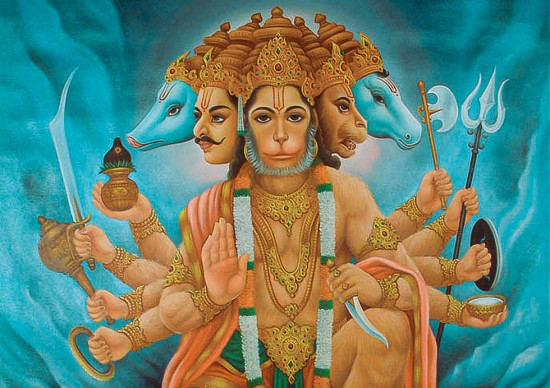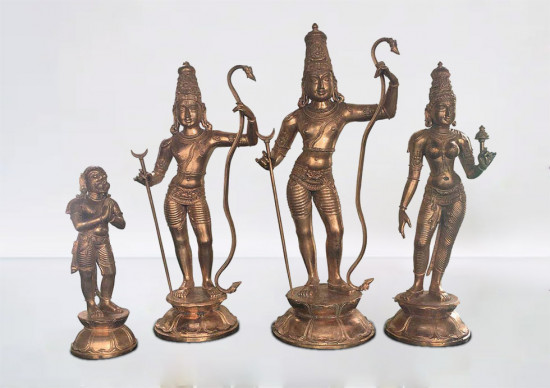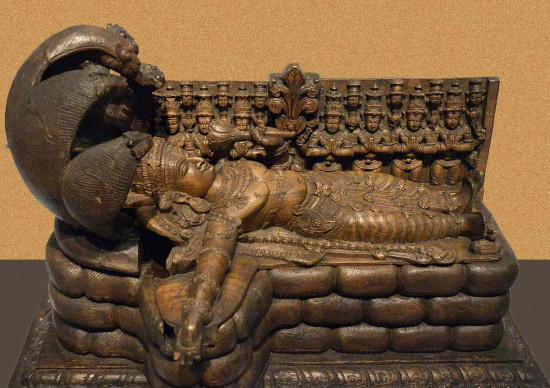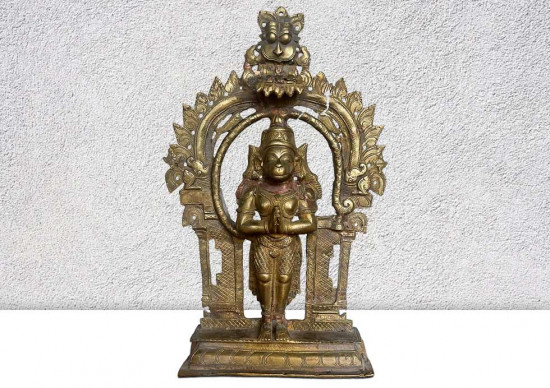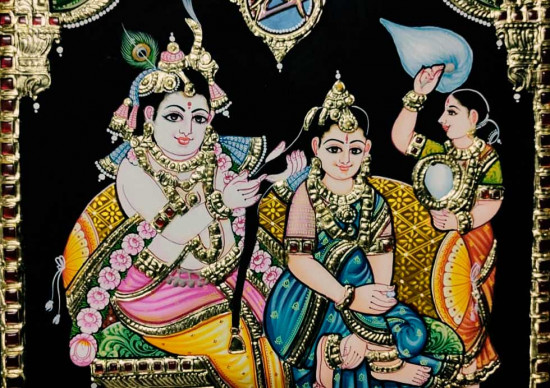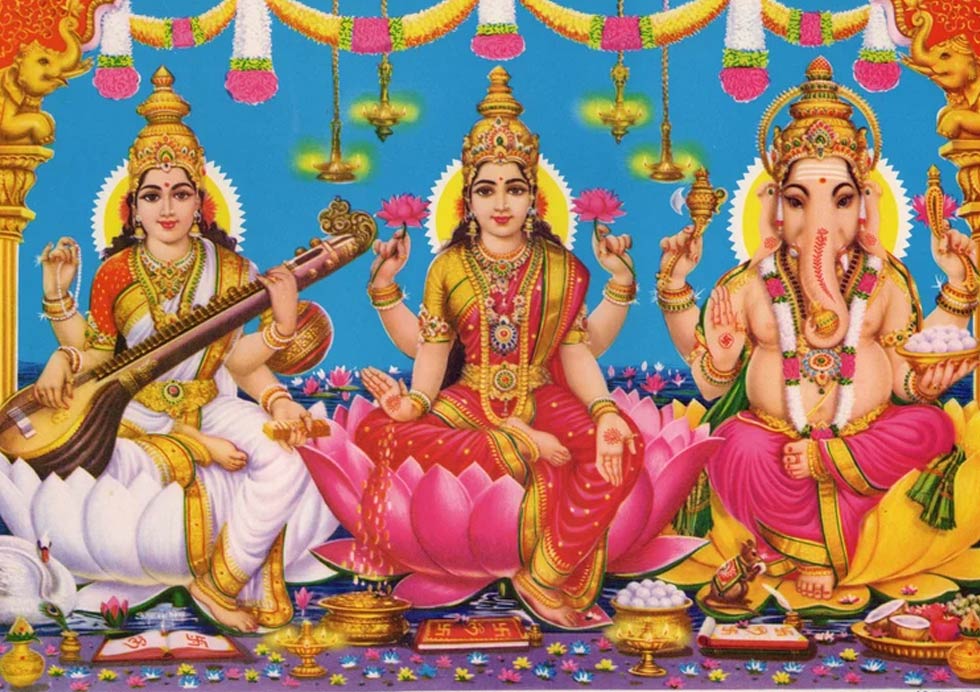
Diwali, known as the Festival of Lights, is one of the most significant and celebrated festivals in India. This vibrant festival brings people together from different cultures and religions, marking a time of joy, unity, and hope. The term "Diwali" comes from the Sanskrit word "Deepavali," which means "a row of lights." This beautifully encapsulates the essence of the festival, where lamps and lights adorn homes, streets, and public places.
The Symbolism of Light
At its core, light symbolizes knowledge, goodness, and purity. Darkness, on the other hand, represents ignorance, evil, and negativity. Diwali celebrates the victory of light over darkness, making it a time for reflection and renewal. The illumination seen during Diwali serves as a reminder that light can triumph over darkness in our lives, both literally and metaphorically.
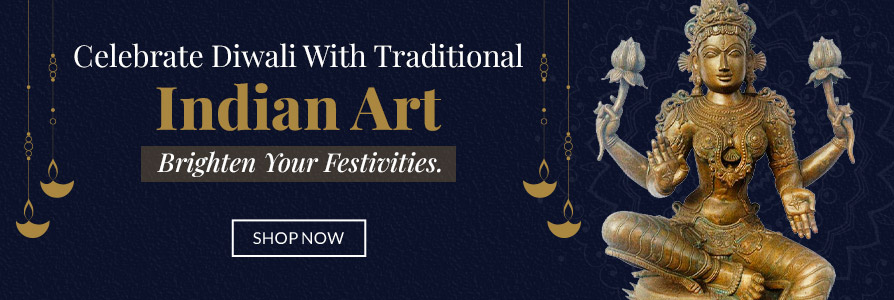
Historical and Cultural Significance
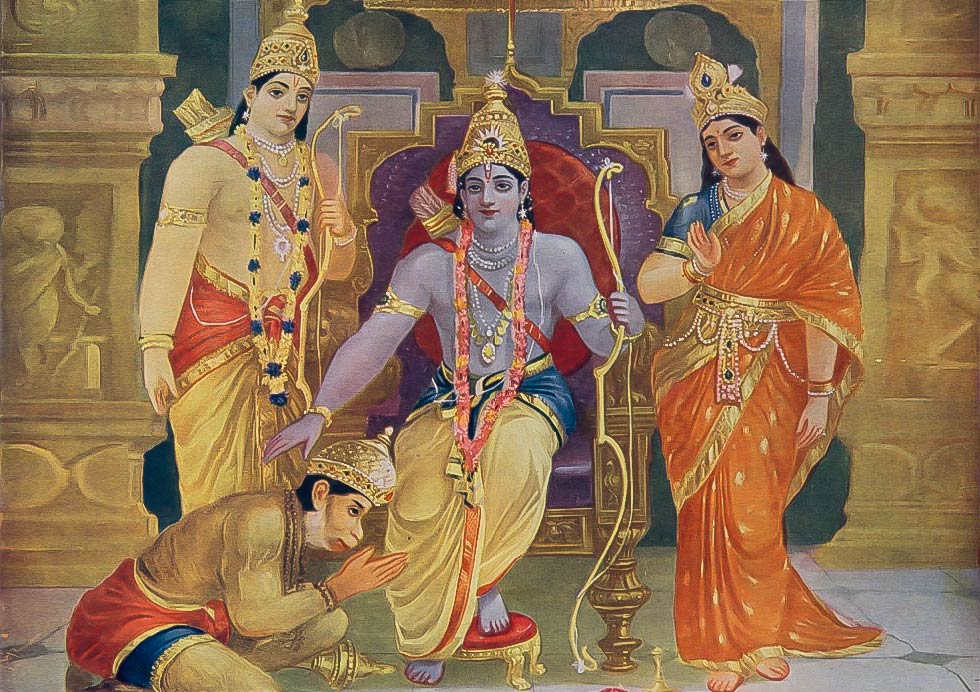
Lord Rama's Return
One of the most popular stories associated with Diwali is the return of Lord Rama to his kingdom of Ayodhya after 14 years of exile. During this time, Lord Rama fought and defeated the demon king Ravana, who had kidnapped Maa Sita, Lord Rama’s wife. To welcome Lord Rama back, the people of Ayodhya lit thousands of oil lamps, or diyas, illuminating the entire city. This act of lighting lamps became a tradition, symbolizing the joy and triumph of good over evil.
Goddess Lakshmi
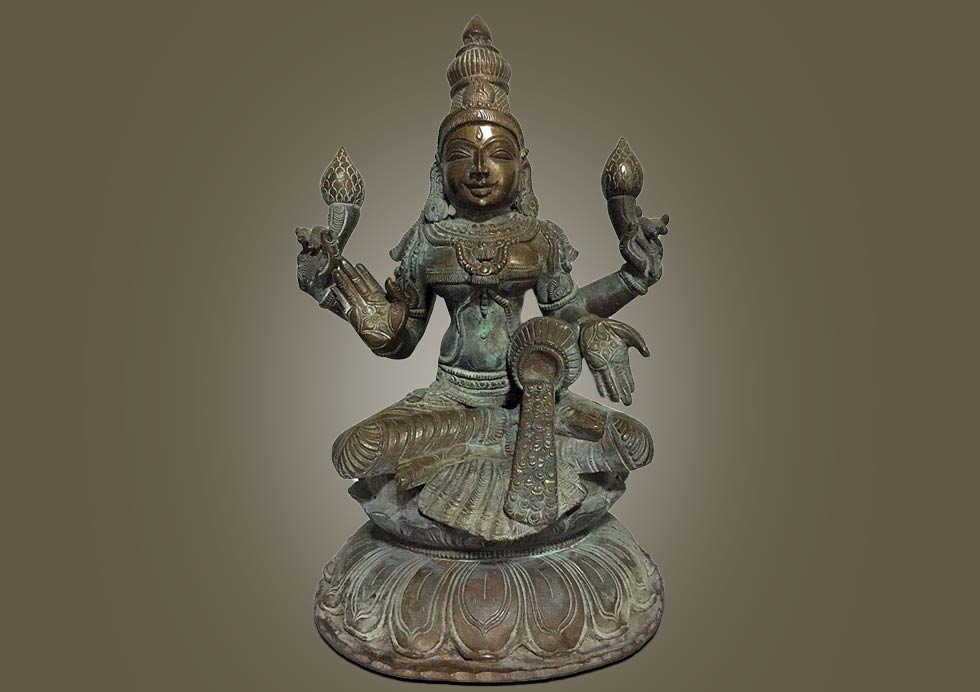
Another significant aspect of Diwali is the worship of Goddess Lakshmi, the goddess of wealth and prosperity. It is believed that on this day, Lakshmi visits homes that are clean and well-lit, bringing blessings and prosperity to the inhabitants. People clean and decorate their homes with lights and colorful rangoli designs, ensuring a warm and inviting atmosphere for the goddess.
The Victory of Lord Krishna
In some regions of India, Diwali also commemorates the victory of Lord Krishna over the demon king Narakasura. According to the myth, Krishna defeats Narakasura and freed the captive women, bringing light and joy to the kingdom. The celebration of this victory also contributes to the theme of light triumphing over darkness.
The Traditions of Diwali
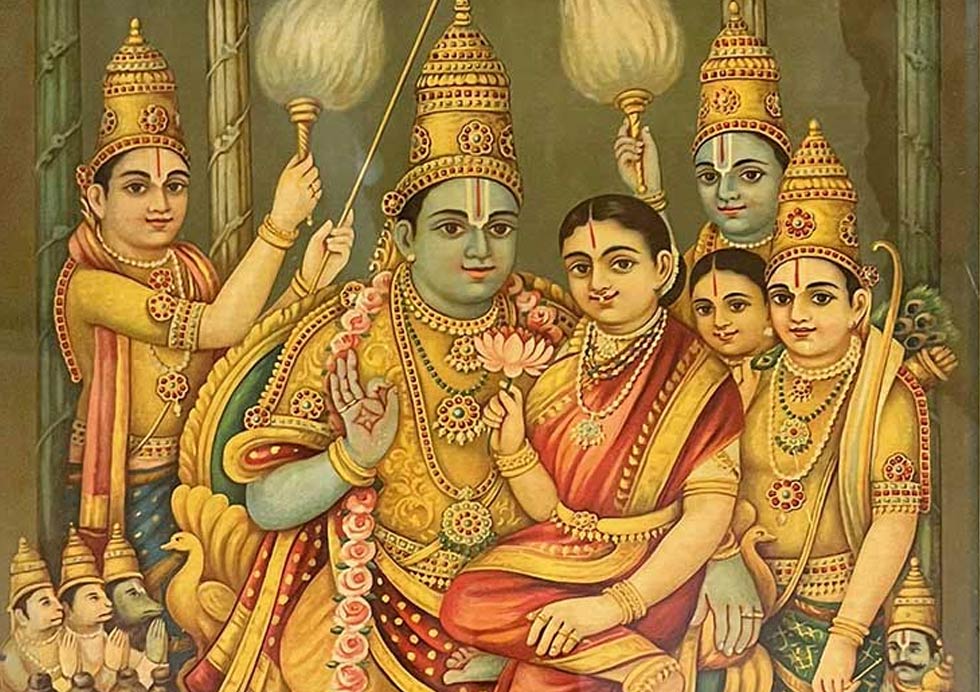
Lighting Diyas and Candles
The most recognizable tradition of Diwali is the lighting of diyas (small oil lamps) and candles. Homes are adorned with these lights, which are placed on windowsills, balconies, and in courtyards. The glow of the diyas not only enhances the festive atmosphere but also serves as a beacon of hope and positivity.
Fireworks
Fireworks are another exciting part of the Diwali celebrations. The bright explosions in the night sky symbolize joy and the triumph of good over evil. However, it’s essential to be mindful of safety and the environment when using fireworks, as they can be harmful to both.
Rangoli
Rangoli is a traditional art form created on the floors of homes using colored powders, rice, or flower petals. These beautiful designs not only enhance the festive spirit but also invite good luck and prosperity into the home. Families often collaborate to create elaborate patterns, showcasing their creativity and bringing a sense of togetherness.
Sweets and Festive Foods
No festival in India is complete without delicious food. During Diwali, families prepare a variety of sweets and savory dishes. Popular sweets include ladoos, barfis, and gulab jamun. Sharing these treats with family, friends, and neighbors fosters a sense of community and goodwill.
Prayers and Pujas
During Diwali, families perform prayers or pujas to seek blessings from deities. These rituals involve lighting lamps, offering flowers, and reciting prayers. The act of coming together for prayers strengthens family bonds and instills a sense of spirituality in the celebrations.
Diwali Around India
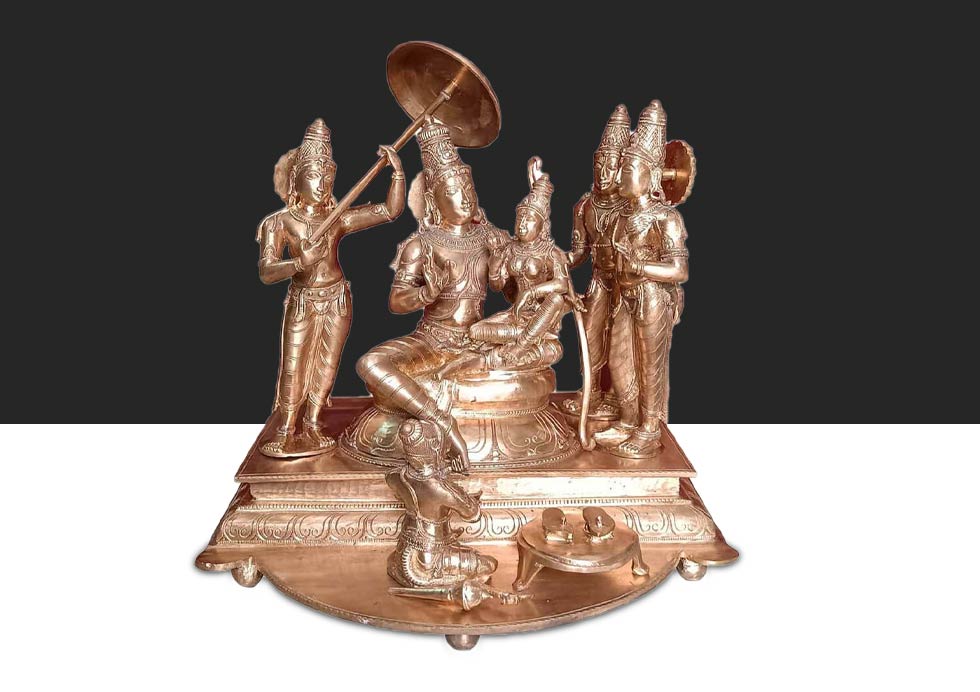
While the essence of Diwali remains the same, the way it is celebrated varies across different regions of India.
Northern India
In northern India, the festival is celebrated with grandeur, especially in states like Uttar Pradesh, Himachal Pradesh, and Punjab. The streets are filled with lights, and people participate in elaborate celebrations, including fairs and gatherings.
Western India
In Maharashtra and Gujarat, Diwali marks the end of the harvest season. The festivities include vibrant dances, music, and traditional games, reflecting the rich culture of the region.
Southern India
In southern states like Tamil Nadu and Kerala, Diwali is celebrated with a unique twist. Here, it often coincides with the festival of Naraka Chaturdashi, which commemorates Lord Krishna’s victory over Narakasura.
Eastern India
In Bengal, the festival is celebrated with a focus on Goddess Kali, who represents strength and protection. The celebrations include special rituals and offerings to the goddess, showcasing the diverse ways Diwali is observed.
The Spirit of Togetherness
One of the most beautiful aspects of Diwali is its ability to bring people together. Families reunite, friends visit one another, and communities celebrate collectively. The festival fosters a sense of belonging and reinforces the importance of relationships. It’s a time to forgive and forget, to let go of past grievances, and to start anew.
Environmental Considerations
In recent years, there has been an increasing awareness about the environmental impact of Diwali celebrations, especially concerning the use of fireworks and the waste generated. Many people are now opting for eco-friendly alternatives, such as using energy-efficient lights, avoiding harmful crackers, and choosing sustainable decorations. This shift reflects a growing consciousness about preserving the planet while celebrating cultural traditions.
Conclusion
Diwali, the Festival of Lights, is a beautiful celebration that transcends boundaries. It embodies the triumph of good over evil, the importance of knowledge, and the joy of togetherness. As homes glow with lights and laughter fills the air, the spirit of Diwali reminds us of the light that resides within each of us.
Whether it’s through lighting diyas, sharing sweets, or coming together for prayers, Diwali holds a special place in the hearts of millions. By embracing the values of kindness, love, and positivity that this festival represents, we can keep the light of Diwali shining bright in our lives, not just during the festival, but all year round.
Whether it’s through lighting diyas, sharing sweets, or coming together for prayers, Diwali holds a special place in the hearts of millions. By embracing the values of kindness, love, and positivity that this festival represents, we can keep the light of Diwali shining bright in our lives, not just during the festival, but all year round.

